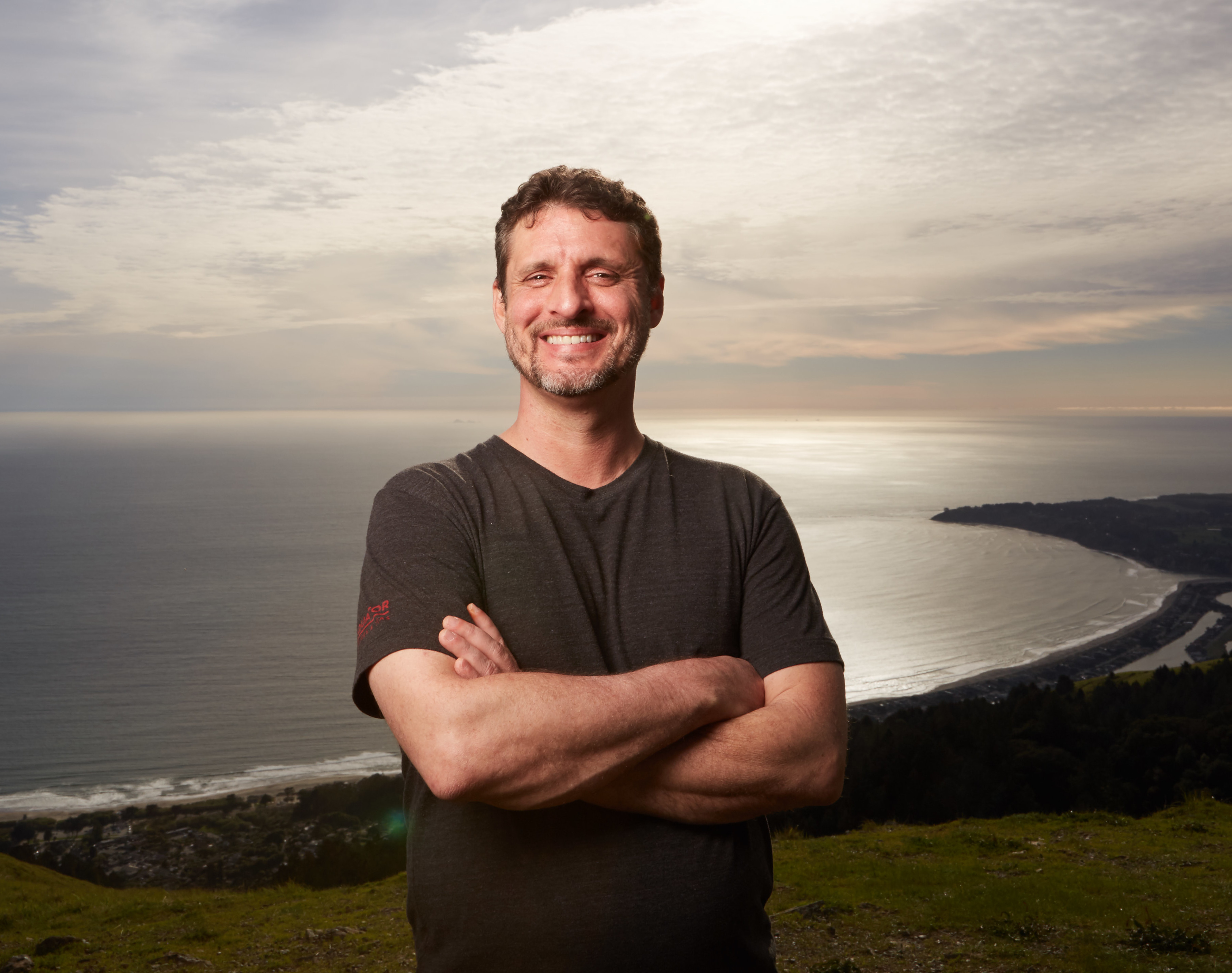A friend recently emailed me asking for a simple definition of "cosmology." Below is my reply.
–Drew
It’s not always easy to find a simple definition of cosmology that covers it fully, so when I present, I generally throw out a flurry along these lines (and some of these definitions are influenced by the ones used by Brian Swimme and Miriam MacGillis over the years):
Most simply, "cosmology" is the study of the cosmos. (Or the study of the universe.)
In terms of modern science, "cosmology" is the study of the origin and development of the universe as a whole ("in its totality" also works, and avoids any confusion that could arise from the fact that "whole" and "hole" are homonyms.)
Swimme would add this: "Cosmology" is the study of the origin and development of the universe in its totality, and the role of the human in the universe. Science would tend to ignore that last part about "the role of the human in the universe." To a ‘new cosmologist’ like Swimme, that dimension is crucial.
But the scientific study of the origin and development of the universe (the "Big Bang" theory; the study of the galaxies, and the large-scale structure of the cosmos; astronomy and astrophysics) is only half of a full definition of "cosmology."
"Cosmology" is also a worldview or ‘cultural story.’ (A paradigm or "cosmo-vision")
To capture this sense, I say, "cosmology" is the story that a culture tells itself about how the world came to be, and how we fit into it.
So I think that a complete definition of "cosmology" (even a simple one) should include these two major aspects: the ‘scientific’ and the ‘cultural’. "Cosmology" is both ‘scientific study’ and ‘cultural story.’
So to reiterate,
"Cosmology" is the study of the origin and development of the universe as a whole, and the role of the human in the universe. It is also the story that a culture tells itself about how the world came to be, and how we fit into it.
(One last wrinkle is that the mainstream definition of "cosmology" and particularly "cosmologist" leans toward the ‘scientific study’ part, so almost any time you hear the word "cosmologist," it would be in reference to a physicist, astronomer, astrophysicist, scientist, etc. The ‘cultural story’ aspect of "cosmology" is less understood, though that is changing.)
Hope this is helpful,
Drew
About Drew Dellinger

Drew Dellinger, Ph.D., is an internationally known speaker, poet, writer, and teacher whose keynotes and poetry performances—which address ecology, justice, cosmology, and connectedness—have inspired minds and hearts around the world. He is also a consultant, filmmaker, and founder of Planetize the Movement.
Dellinger has presented at over 1400 events across the US, UK, Canada, and Australia. He has spoken and performed at numerous conferences—including TEDWomen, Bioneers, the Green Festival, the Dream Reborn, and the Parliament of the World’s Religions—as well as colleges and universities, poetry venues, protests, and places of worship.
Subscribe to the newsletter!
Subscribe to Planetize the Movement to stay up-to-date, you’ll also receive a full color digital poster – FREE!







